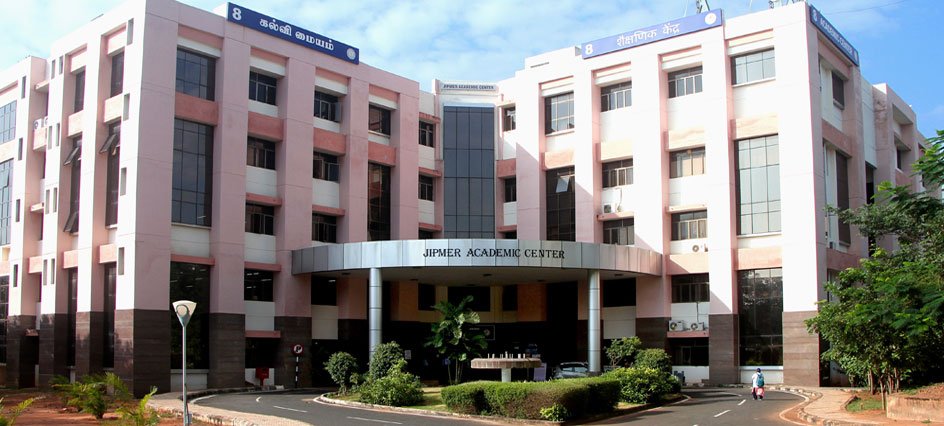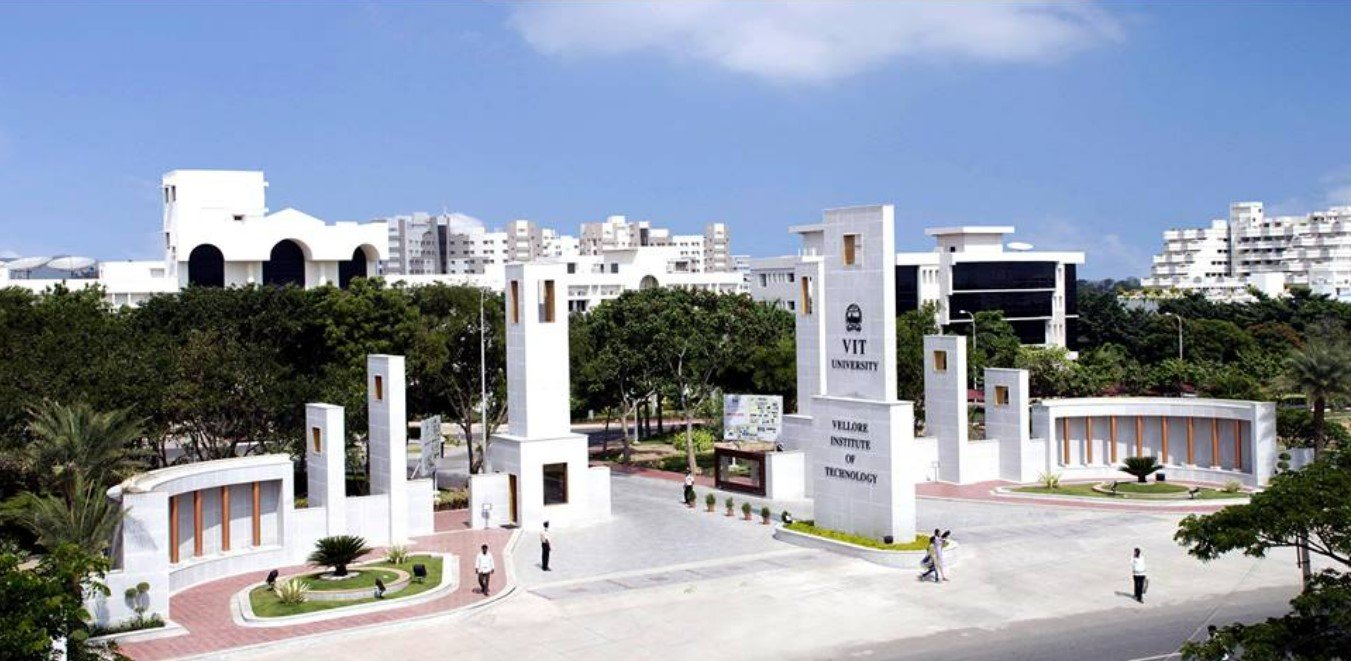Introduction
The Jawaharlal Institute of Postgraduate Medical Education and Research (JIPMER) stands as a pillar of excellence in medical education and research in India. Established with the vision to provide high-quality medical education and deliver advanced healthcare services, JIPMER has evolved into a premier institution renowned for its contributions to medical science and patient care. This cover story delves into the founding reasons, vision and mission, and social impact of JIPMER, highlighting its journey and achievements in advancing medical education.
Founding Reasons
JIPMER was established in 1823 as a small medical college in the then French-occupied territory of Puducherry (Pondicherry). The institution was founded to address the need for a structured medical education system and to improve healthcare facilities in the region. Recognizing the importance of medical education in advancing public health, the French colonial administration took the initiative to create a medical institution that would train doctors and provide medical services to the local population.
The founding of JIPMER was driven by the need to enhance medical education standards and provide advanced healthcare services in a region that lacked adequate medical facilities. The institution was envisioned as a center of excellence in medical education, research, and clinical practice, aiming to contribute significantly to the healthcare sector.
Founders and Their Vision
JIPMER was established under the aegis of the French government, and its founding vision was centered around creating a premier medical institution that would serve both educational and healthcare purposes. The institution’s founding members included:
- French Colonial Administration: The French government played a crucial role in the establishment of JIPMER, driven by their commitment to improving healthcare services in their territories.
- Local Medical Professionals: Local medical professionals and administrators were instrumental in setting up the institution and shaping its early operations.
The vision behind JIPMER was to provide a comprehensive medical education system that would:
- Advance Medical Knowledge: Promote research and development in medical science, contributing to advancements in healthcare and treatment methodologies.
- Train Skilled Professionals: Equip medical students with the knowledge and skills required to become competent healthcare professionals, capable of addressing diverse medical challenges.
- Provide Quality Healthcare: Deliver high-quality medical services to the community, ensuring that patients receive the best possible care and treatment.
Mission and Vision
The mission of JIPMER is “to provide quality medical education, conduct cutting-edge research, and deliver comprehensive healthcare services to enhance the well-being of individuals and communities.” The vision of JIPMER is “to be a globally recognized institution that excels in medical education, research, and patient care, contributing to the advancement of healthcare and the improvement of public health.”
JIPMER’s guiding principles reflect its commitment to excellence in medical education and patient care, striving to create a learning environment that fosters innovation, research, and compassionate healthcare.
Academic Excellence and Innovation
JIPMER offers a range of undergraduate, postgraduate, and doctoral programs in various medical and allied health fields. The institution is renowned for its rigorous academic standards, cutting-edge research, and emphasis on practical training. Key academic initiatives at JIPMER include:
- Research and Development: Conducting research in various areas of medical science, including clinical research, public health, and translational medicine, to advance medical knowledge and improve patient care.
- Specialized Training: Providing specialized training programs and fellowships in various medical disciplines, enabling students and professionals to gain expertise in their chosen fields.
- Clinical Practice: Offering hands-on clinical training through its state-of-the-art hospitals and healthcare facilities, where students and residents gain practical experience in patient care and treatment.
Campus and Facilities
JIPMER’s campus is located in Puducherry, India, and includes modern facilities such as:
- Hospitals: The JIPMER Hospital provides comprehensive medical services, including specialized care in various fields, and serves as a training ground for students.
- Research Centers: The institution houses several research centers focused on different aspects of medical science and healthcare, fostering innovation and scientific discovery.
- Libraries and Learning Resources: JIPMER’s library is well-equipped with a vast collection of medical literature, journals, and digital resources to support academic learning and research.
Social Impact
JIPMER has made a significant impact on society through its various initiatives and contributions. The institution’s social impact initiatives include:
- Healthcare Services: Providing quality healthcare services to the community, including preventive, diagnostic, and therapeutic care, and addressing the healthcare needs of underserved populations.
- Medical Research: Conducting research that contributes to advancements in medical science and improves treatment outcomes, thereby enhancing public health.
- Community Outreach: Engaging in community health programs, awareness campaigns, and health education initiatives to promote wellness and preventive care.
- Training and Capacity Building: Training healthcare professionals and students who go on to contribute to the healthcare sector across the country and globally.
Alumni and Industry Impact
JIPMER alumni are known for their contributions across various sectors of medicine and healthcare, including clinical practice, research, education, and healthcare administration. They have made significant impacts in their fields and continue to support and mentor current students.
The institution’s impact on the healthcare industry is evident through its collaborations with government bodies, research organizations, and healthcare providers. JIPMER graduates are recognized for their expertise, dedication to patient care, and contributions to advancing medical science.
Future Prospects
As JIPMER looks to the future, it remains committed to its mission of advancing medical education, research, and healthcare services. The institution is focused on expanding its academic programs, enhancing research capabilities, and strengthening its global partnerships. JIPMER aims to continue its legacy of excellence in medical education and patient care, contributing to the advancement of healthcare and the improvement of public health.
Conclusion
The Jawaharlal Institute of Postgraduate Medical Education and Research (JIPMER) has established itself as a leading institution in medical education and research, driven by a vision of excellence, innovation, and community service. The institution’s dedication to providing quality education, conducting impactful research, and delivering comprehensive healthcare reflects its commitment to advancing medical science and improving public health.
The journey of JIPMER, from its founding to its current status, is a testament to the vision and dedication of its founders, faculty, students, and alumni. As JIPMER continues to advance and grow, it remains a beacon of excellence in medical education and healthcare, shaping the future of medicine and contributing to the well-being of society.





